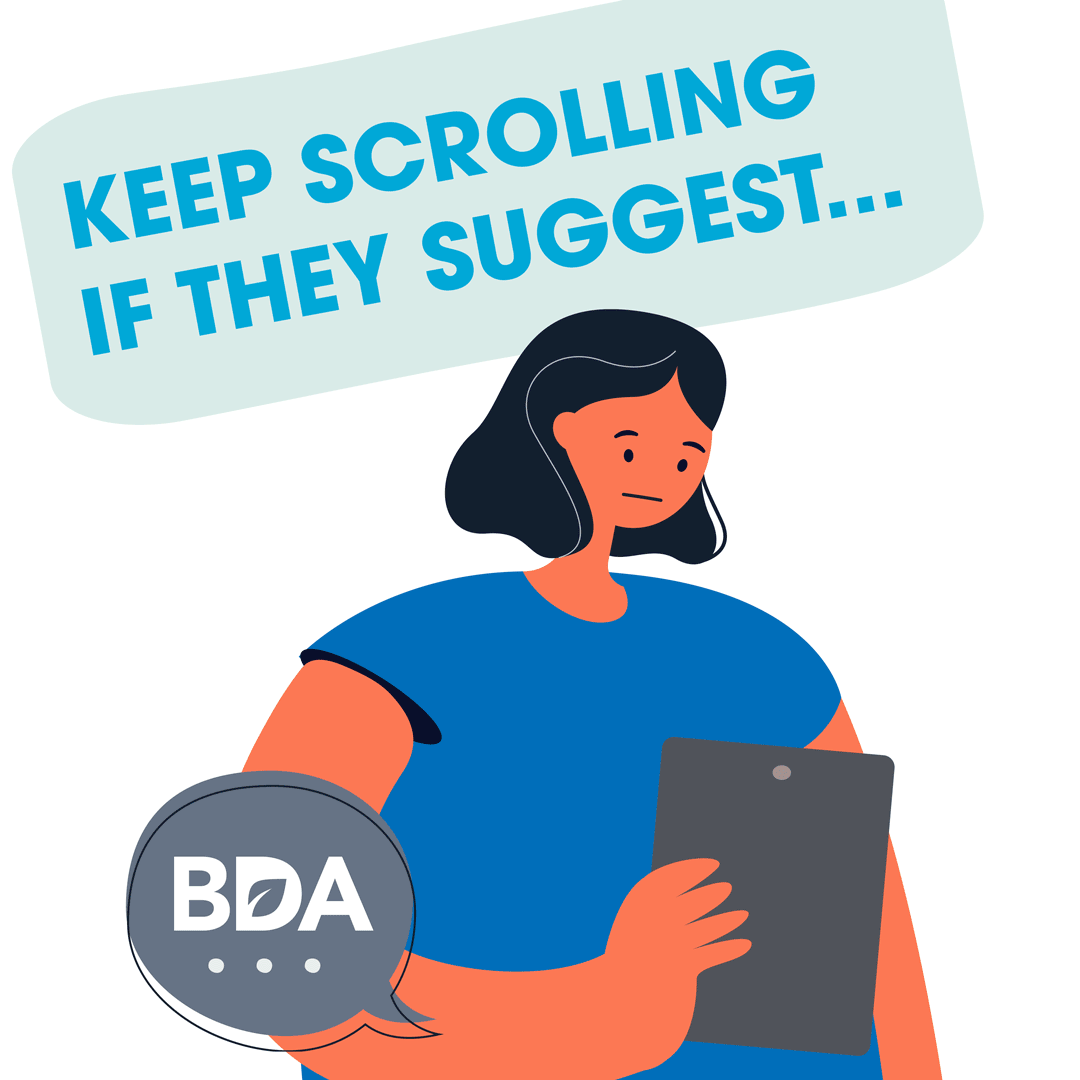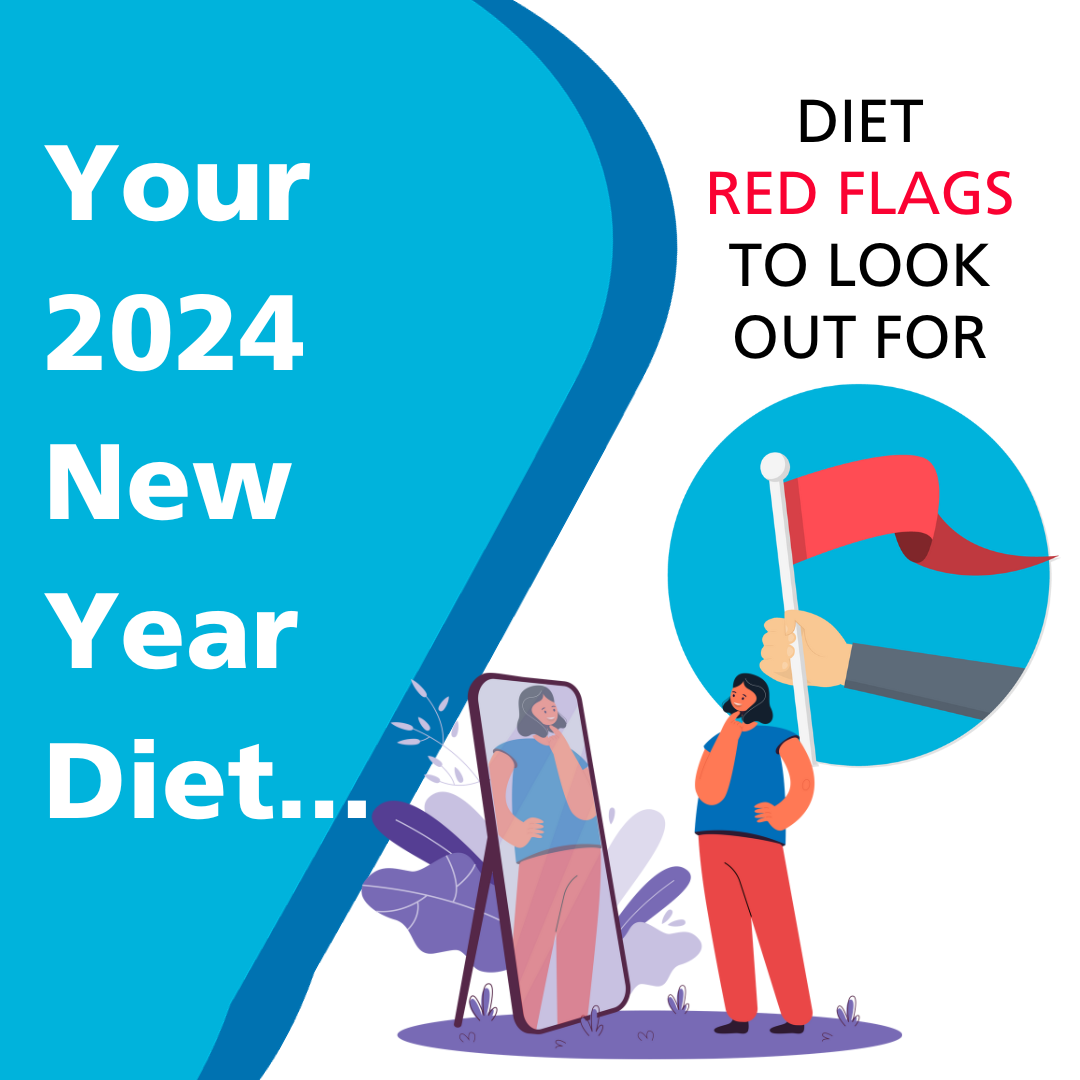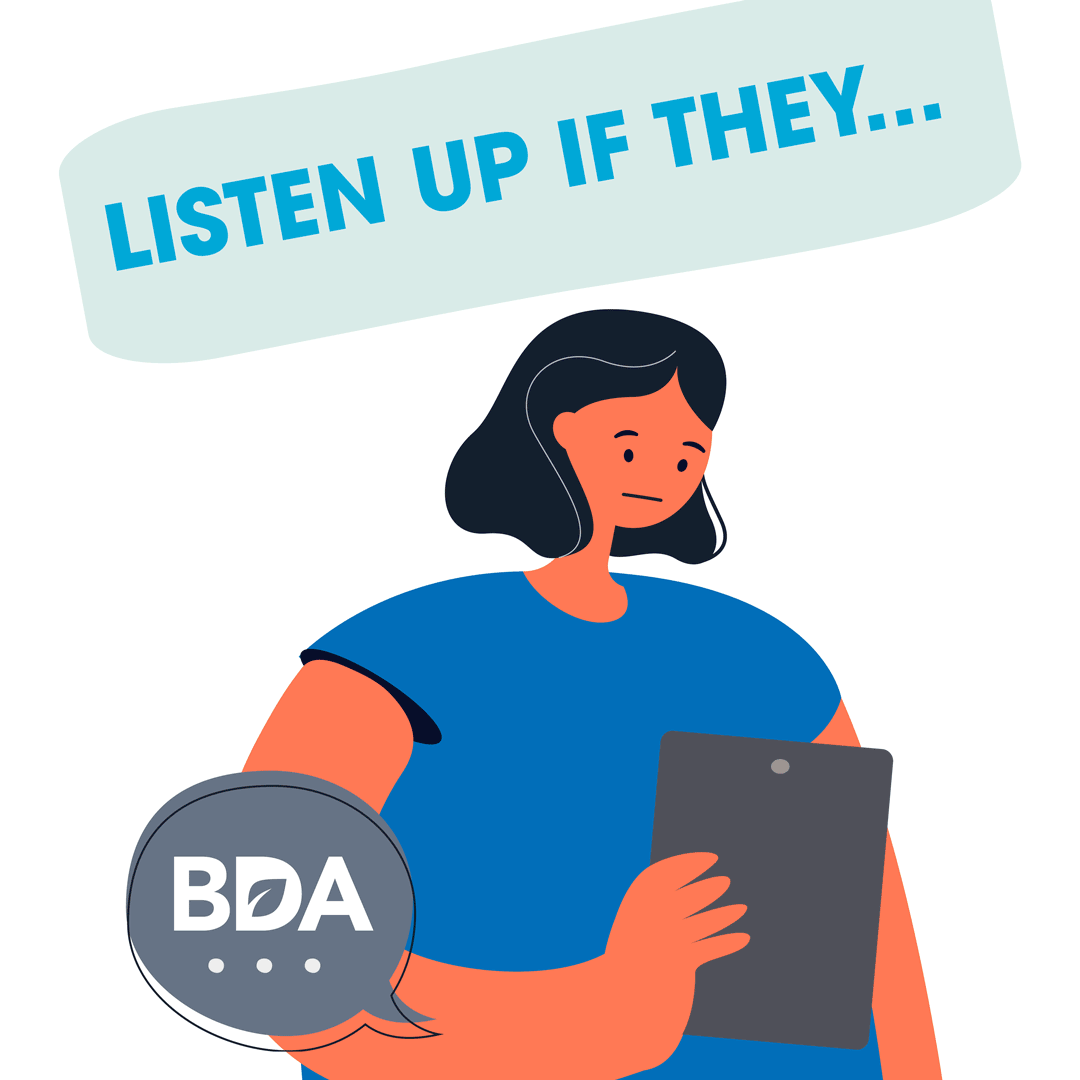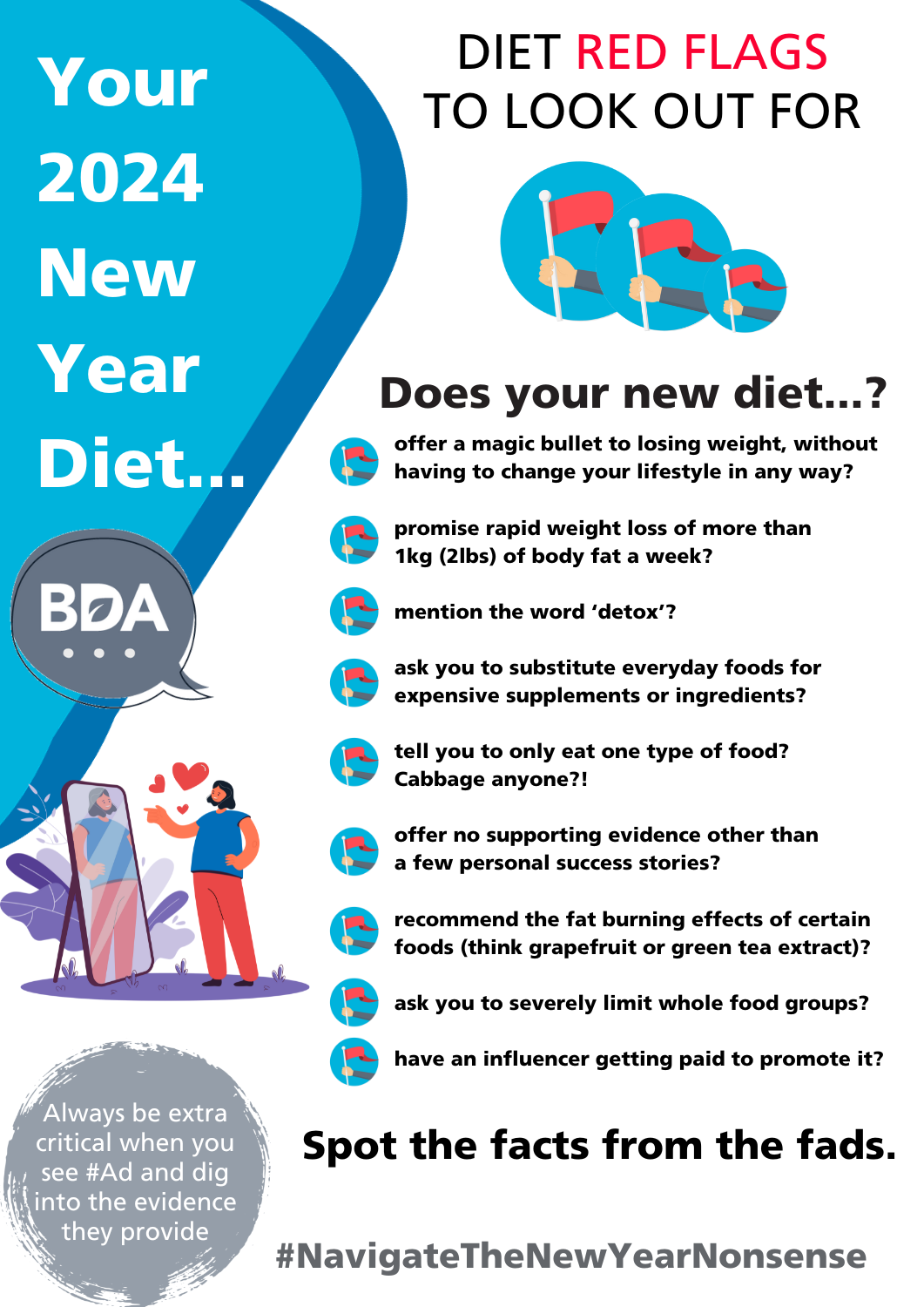
It’s that time of year again when a huge amount of misinformation about food and nutrition is shared across all types of media, preying on the public’s insecurities and continuing a long-held belief that every New Year we need to diet.
People turn to trusted public figures, influencers and role models – yet, as we know, having thousands, if not millions of followers on social media is not a reflection on knowledge or expertise, especially where nutrition is concerned.
As a dietitian, you are constantly questioned about weight loss solutions that your patients or clients have heard of, often on social media, that they thought could work for them.
In 2023 alone, you told us that you were asked about carb avoidance, weight loss gummies, a raw cleansing diet, products aimed at those going through the menopause that blast belly fat, the carnivore diet, pureeing foods, juice diets, cider vinegar for weight loss, as well as the fruit, egg and water fasting diet.
This year, we are asking the public to seriously question where they are getting their advice from and giving them the tools to spot the facts from the fads. We also want to highlight the dangers of ‘quick-fixes’ and promote positive, healthy messages around food instead, to try and drown out the noise. We hope, you will help spread the message far and wide.
What our members think...
Alexia Dempsey says, “I see our role as educators, as the voice of real hope, we have the ability to offer an explanation of a sustainable option.”
Anna Groom says, “I think it's important we promote long term sustainable lifestyle change whilst promoting a good relationship with food. I think food has become such an emotive trigger... giving high calorie options as rewards... if you do well you can have chocolate bar... if you've had bad day you deserve a glass of wine. Food should be a constant and not emotionally linked. Improving relationships with food supports sustained healthy eating.”
Jennifer Low says, “If we join in with New Year - New You on social media make it positive – what could your patient group do to add more health into their diets/lives, as opposed to things they have to give up. For example, 30 days of trying a different fruit/veg each day…that type of thing.
“People love to start new things in January, they often feel motivated to make change, so I think not joining in with this hype is actually detrimental to dietitians, as we will lose our voice. But by doing it in a different way, if we are loud enough (we need more of us on social media!) we can hopefully drown out the other noise.”
So, what can you do to support the campaign?
- Share positive messages around food and nutrition this New Year to help drown out the negative noise. Support with getting some of our key messages and graphics out to your networks (by downloading our resources below).
- Use social media as a force for good. Yes, report any offending social posts by others to the platforms directly. But you might also consider using the likes of TikTok to correct misleading posts with your own commentary.
- Report any ads you see that don’t reflect the evidence-base to the ASA. They could well be breaking the CAP Code and action can be taken. Here are some things to think about:
- Does the evidence look robust? Testimonials alone aren’t sufficient
- Are they making realistic claims?
- Are they being responsible to consumers and society? E.g. are they promoting an unhealthy body image or exploiting insecurities?
- Are the diets nutritionally well-balanced?
Take a look at our Ads & Fads page for more information about this.
Your Navigating the New Year Nonsense Toolkit
Please download and use our resources below with your patients and clients and across your own social media channels to help spread the message! Use #NavigateTheNewYearNonsense in your social posts.





